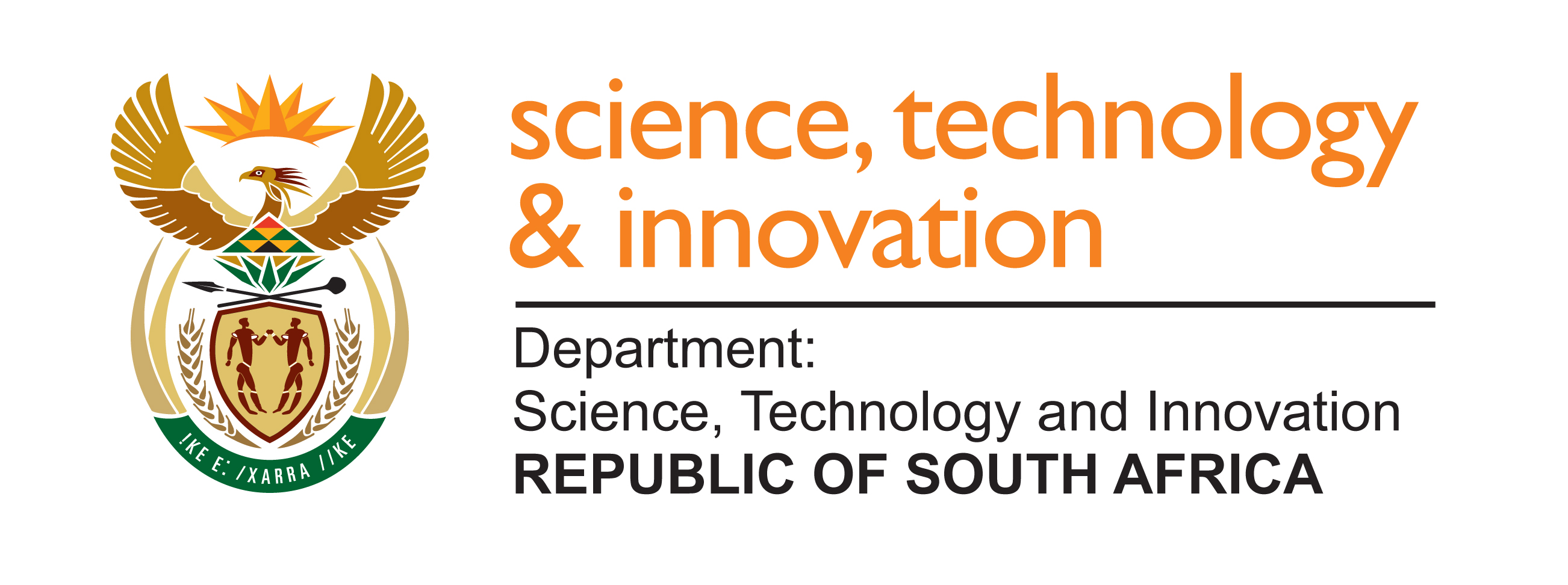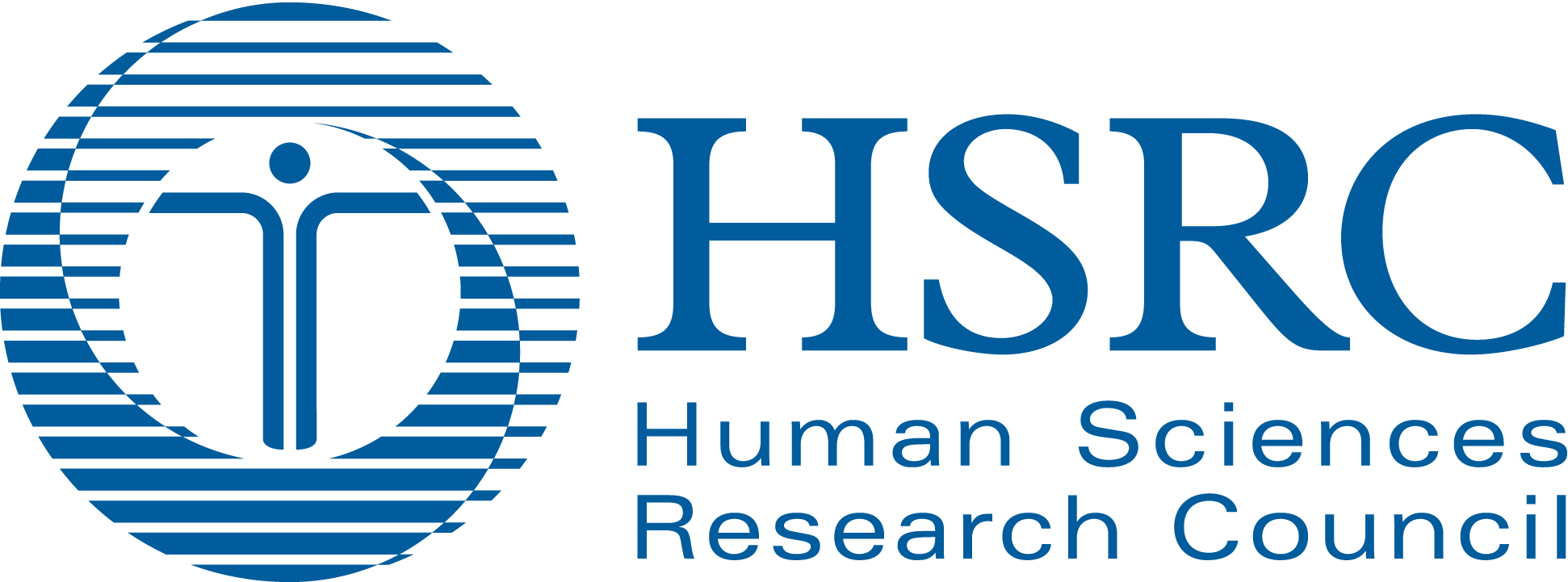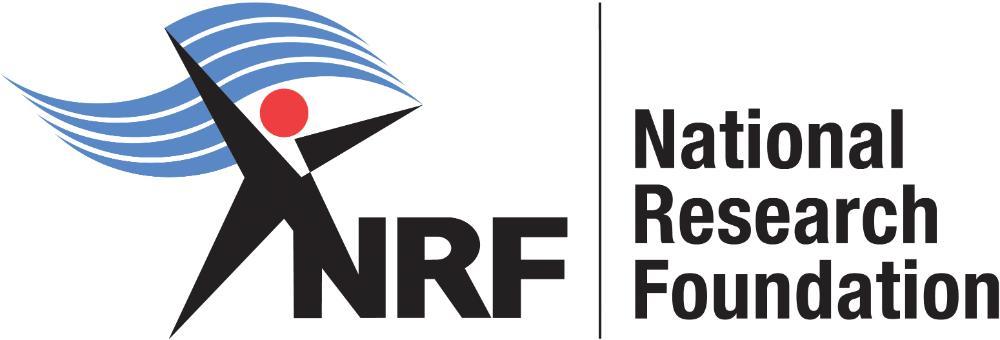We’re looking forward to welcoming you on 22 October 2025

Countdown to conference
Engaging knowledge, transforming society: The Engaged Research Conference
This conference is part of the Engaged Research Project, organised and convened by the Human Sciences Research Council (HSRC).
The Engaged Research Project, an initiative of the Department of Science, Technology, and Innovation (DSTI) in collaboration with the National Research Foundation (NRF), seeks to advance engaged research within South Africa’s National System of Innovation (NSI).
The conference aims to unite researchers, practitioners, community members, and policymakers to explore innovative approaches to engaged research that address societal challenges. With the theme “Engaged Research as a Pathway to Bridging Knowledge and Society,” the event will provide a platform for discussing established and emerging methodologies, practices, challenges, and opportunities in engaged research.
Through fostering meaningful partnerships and promoting knowledge co-creation, the conference seeks to integrate academic inquiry with society-driven priorities. Participants will showcase successful projects, share best practices, and reflect on barriers to engaged research. These discussions aim to inspire actionable strategies that advance inclusive, impactful, and transformative research efforts for societal betterment. Ultimately, the event aspires to deepen participants’ commitment to collaborative and impactful research.
Conference programme and pre-conference workshops
The preliminary conference programme is now available, including information about the pre-conference workshops on methodology. The workshops take place on 21 October 2025 and include sessions on building effective partnerships, pathways of co-creation, and public squares of engagement.
Scientific Committee
The Engaged Research Conference 2025 is shaped by a multidisciplinary Scientific Committee of experienced scholars and practitioners from across Africa and beyond. Their expertise spans public health, social sciences, education, community development, and policy engagement—ensuring an inclusive, relevant, and impactful programme.
👉 Meet our Scientific Committee
Primary objectives
The primary objectives of the conference are to:
- Identify barriers to ER and ways to overcome these barriers e.g. the University Ethics Approval structures do not cater
for engaged research. - Promote knowledge exchange on engaged research methodologies, approaches, and best practices.
- Facilitate networking between academia, community organisations, industry, and government, and build partnerships
for future engaged research projects. - Showcase impactful case studies that illustrate engaged research’s real-world benefits and value.
- Consolidate learnings on how engaged research can be operationalised in different contexts.
Key themes
To facilitate in-depth discussion, the conference will explore several themes related to engaged research. (Read more about the Conference structure and guidelines for presentation formats.)
| Theme | Description |
| Co-Creation and Participatory Research Approaches | This theme will explore a range of methods, practices, and tools for involving stakeholders in all stages of the research and dissemination processes. |
| Impactful Community Partnerships | This theme will delve into case studies and best practices on building long-term, mutually beneficial partnerships with communities. |
| Policy and Engaged Research | This theme will explore how engaged research influences policy and contributes to societal change. |
| Engaged Research in the Digital Age | This theme will examine the role of technology in enhancing the reach and accessibility of engaged research. |
| Engaged Research for Epistemic Justice, Social Justice and Equity | This theme will address power dynamics in engaged research, ethical considerations and inclusivity challenges. |
| Ethical and Inclusive Research | This theme will address power dynamics in engaged research, ethical considerations and inclusivity challenges. |
| Research Translation and Knowledge Brokering | This theme will explore approaches and strategies for ensuring research findings are accessible and useful for relevant audiences. |
| Impact Measurement and Evaluation | This theme will discuss frameworks and tools for assessing the impact measurement and evaluation of engaged research. |



